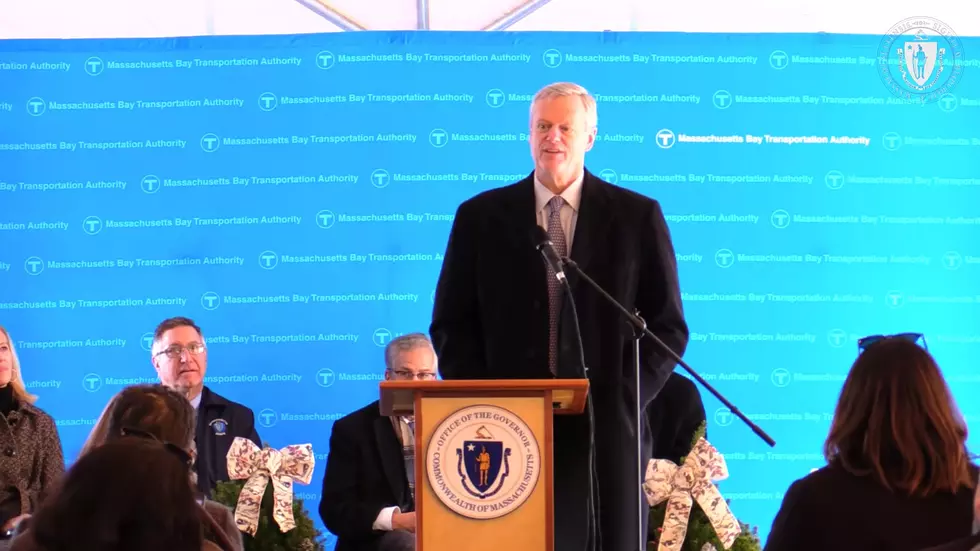![Baker Should Veto Police Reform Bill [OPINION]](http://townsquare.media/site/518/files/2020/12/GettyImages-468160248.jpg?w=980&q=75)
Baker Should Veto Police Reform Bill [OPINION]
Governor Charlie Baker has an opportunity to slam the brakes on a politically motivated police reform bill that is being rammed through the Massachusetts Legislature at the end of a lame-duck session.
Lawmakers took up the legislation in early summer, shortly after the death of George Floyd in Minneapolis. The debate was limited and did not include a whole lot of public input due to COVID-19 concerns at the time. It was a political reaction to an event that spawned rage and calls for action. Opponents say it was rushed and not thoroughly considered.
After languishing for months, lawmakers, facing criticism for their inaction, have decided to send the measure to Governor Baker.
"The bill creates a nine-member police accountability panel, known as the Massachusetts Peace Officer Standards and Training (POST) Commission, that would certify officers every three years and could revoke certification for officers found to commit wrongdoing, such as excessive use of force or falsifying timesheets," according to the State House News Service. It also "removes qualified immunity protections in cases where an officer's actions result in decertification by the oversight board."
The issue of qualified immunity could also impact local firefighters who have spoken out against the bill's passage.
While he supports some sort of police reform, Baker has yet to say what that reform should look like. He needs to make that clear. In the meantime, Baker should veto this bad piece of legislation that was rushed to his desk by a leadership anxious to show it still cares about police reform.
There is an argument for police reform and certification certainly makes sense. But this ill-conceived legislation is almost punitive towards police at a time when cop-bashing has become fashionable.
Barry Richard is the host of The Barry Richard Show on 1420 WBSM New Bedford. He can be heard weekdays from noon to 3 p.m. Contact him at barry@wbsm.com and follow him on Twitter @BarryJRichard58. The opinions expressed in this commentary are solely those of the author.

More From WBSM-AM/AM 1420









